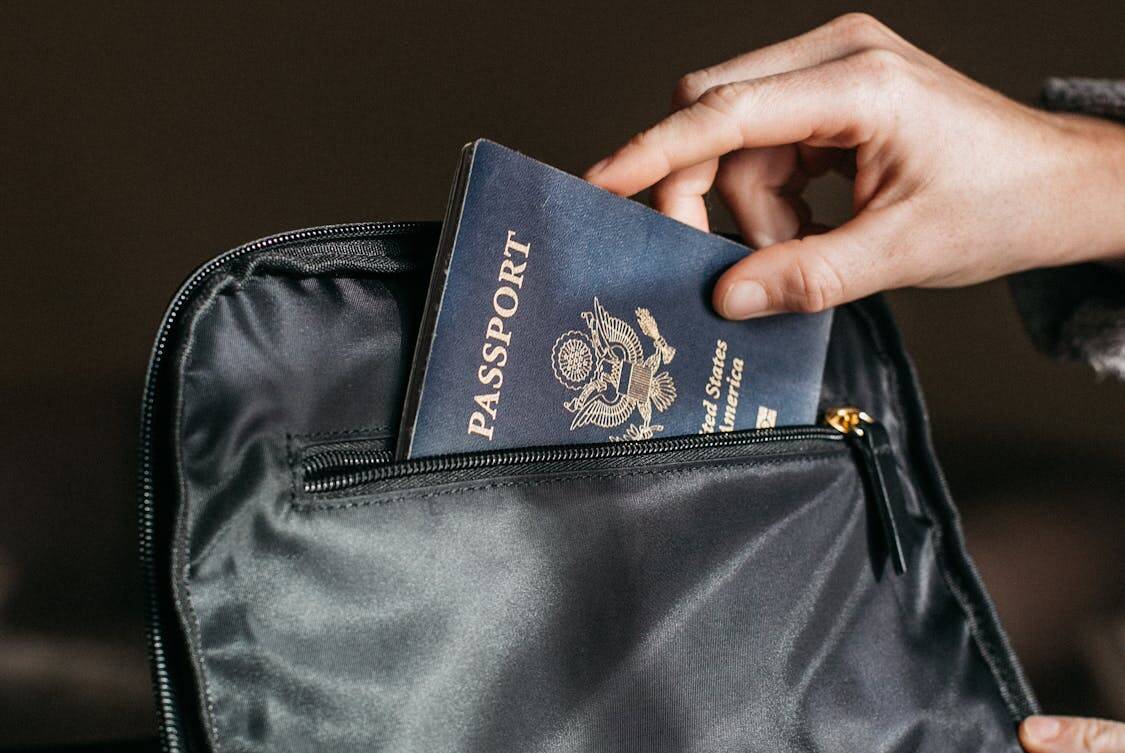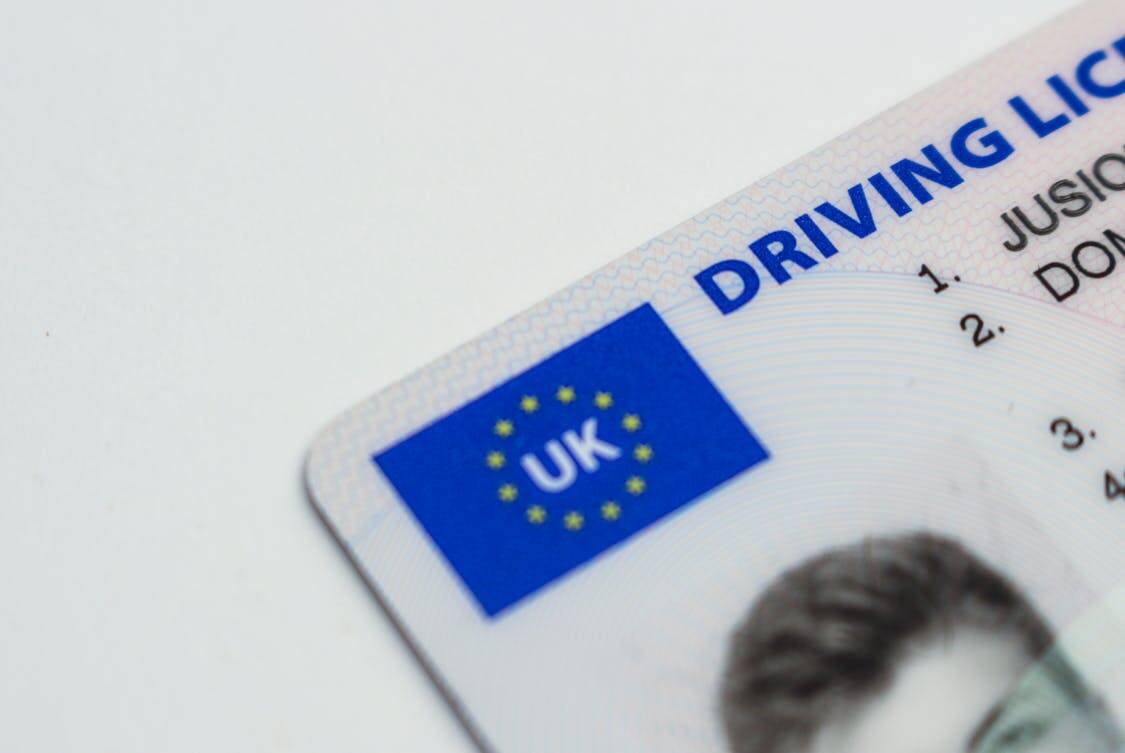Renting a car abroad opens up a world of possibilities for exploration and adventure. However, before you hit the road, understanding the necessary paperwork is key to a smooth experience.
With different countries having varying requirements, it’s important to know what documents you’ll need. Here’s a breakdown of the five essential documents you should prepare before embarking on your international driving journey.
1. Valid Driver’s License
First and foremost, you will need a valid driver’s license to rent a car abroad. This crucial document certifies that you are legally allowed to operate a vehicle.
Be sure that your license is up to date and complies with the regulations of the country you’re visiting. Some places may permit driving with just your home country’s license, while others may have more stringent requirements.
In fact, to rent a car abroad you often need an IDP, especially if your driver’s license is not in English or the local language.
This document serves as a translation of your native license and can be extremely helpful in avoiding misunderstandings with local authorities.
Check the specific rules for the country you plan to visit, as they can vary widely.
It is also wise to carry a photocopy of your driver’s license. This provides a backup in case your original is lost or stolen. Keep the photocopy separate from the original for added security.
Having an additional form of ID can come in handy if you encounter any unexpected situations.
In summary, ensure your driver’s license is valid and, if necessary, obtain an IDP. This step is foundational for a hassle-free rental experience and protects you from potential legal issues on the road.
2. Credit Card
A credit card is often required when renting a car abroad. Most rental agencies mandate a valid credit card in the driver’s name for security deposits and payment.
They typically do not accept debit cards for this purpose, as debit cards can pose a higher risk for the rental company. Always check beforehand to avoid disappointment.
The credit card must have sufficient available credit to cover the rental cost and any potential damage deposit. The deposit amount can vary significantly depending on the vehicle and the rental company.
Be prepared for this hold on your card, as it may take a few days to be released after returning the vehicle.
Additionally, some rental companies offer insurance options that can be paid for with your credit card. This can save you money and provide coverage that might not be available through traditional insurance policies.
However, it’s essential to read the fine print and understand what your card covers.
To wrap it up, carrying a credit card in the driver’s name is essential for renting a car abroad. It serves not only as a payment method but also as a security measure for the rental company.
3. Proof of Insurance
Having proof of insurance is another significant document to have on hand. Rental agencies often inquire about insurance coverage, so it’s wise to familiarize yourself with your own policy before renting.
Many personal auto insurance policies extend coverage to rental vehicles, but this is not universally true.
If your current insurance does not cover rentals, consider purchasing insurance directly from the rental agency. They usually offer various levels of coverage, from basic liability to full coverage options.
While this might increase your overall cost, it can provide peace of mind on unfamiliar roads.
Additionally, it’s recommended to bring along any insurance cards or documentation that verifies your coverage. This can expedite the rental process and avoid confusion.
If you have travel insurance, check if it includes rental car coverage as well; this could be yet another safety net.
To sum up, understanding your insurance coverage and having proof is vital when renting a car abroad. It helps ensure that you are protected in case of an accident or damage.
4. Passport or National ID

When traveling abroad, a passport is typically a required document. Rental companies often ask for identification to verify your identity.
It’s common for them to request both a valid driver’s license and your passport during the rental process, particularly if you are renting outside your home country.
If you are a citizen of a European Union country, a national ID may suffice instead of a passport. However, it’s generally safer to travel with your passport, as it is a universally accepted form of identification.
Make sure that your passport is valid for the duration of your trip; some countries have specific entry requirements regarding passport validity.
Furthermore, it’s a good idea to carry a photocopy of your passport, kept separately from the original. This way, if your passport is lost or stolen, having a backup can simplify the process of obtaining a replacement.
If you have a digital copy stored securely online, that can also be beneficial.
In conclusion, a passport or national ID is essential when renting a car abroad. It serves as a crucial form of identification and aligns with the regulations set forth by rental agencies.
5. Rental Confirmation
The last piece of the puzzle is your rental confirmation. When you book a car online or over the phone, you receive a confirmation email or number, which serves as proof of your reservation.
This document includes vital information such as the rental agency, vehicle type, and pick-up and drop-off times.
Having a hard copy or a digital version of your rental confirmation can speed up the rental process. Presenting this document can help clarify any discrepancies that may arise, ensuring you receive the car you booked.
It’s also beneficial to check the confirmation details to make sure everything is accurate prior to your trip.
If you made any special requests, such as a child seat or specific vehicle features, having this confirmation will solidify those arrangements.
Always verify the terms and conditions included in your confirmation, particularly regarding fuel policy and mileage limitations.
Finally, it’s wise to keep your rental confirmation accessible during your trip. This can be handy in case of any unforeseen changes or issues with your rental.
It serves as a reference point that can assist in resolving any misunderstandings.
In summary, holding onto your rental confirmation is crucial when renting a car abroad. It reinforces your booking and provides clarity during the vehicle pick-up process.
Renting a car abroad involves more than just picking up the keys and driving off into the sunset. It requires careful preparation and an understanding of the necessary documentation.
By ensuring you have these five essential documents—valid driver’s license, credit card, proof of insurance, passport or national ID, and rental confirmation—you’ll be well on your way to a smooth and enjoyable driving experience in an unfamiliar land.
